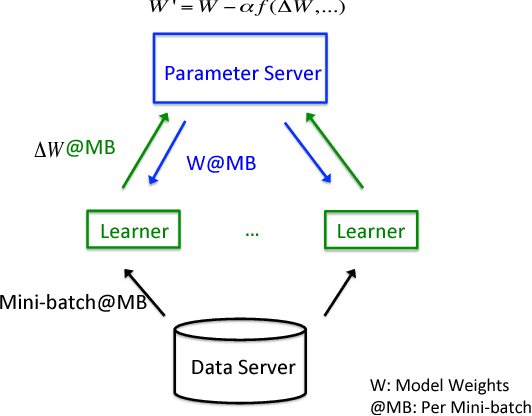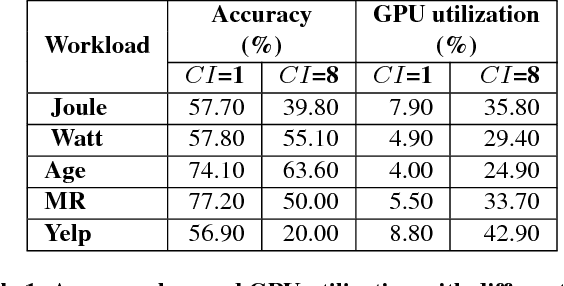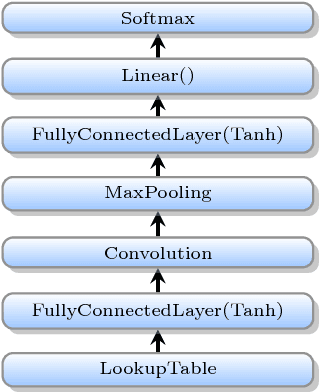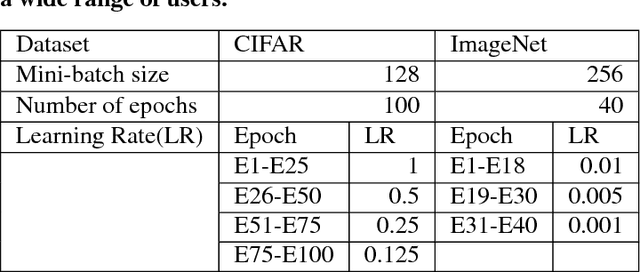GaDei: On Scale-up Training As A Service For Deep Learning
Paper and Code
Oct 03, 2017



Deep learning (DL) training-as-a-service (TaaS) is an important emerging industrial workload. The unique challenge of TaaS is that it must satisfy a wide range of customers who have no experience and resources to tune DL hyper-parameters, and meticulous tuning for each user's dataset is prohibitively expensive. Therefore, TaaS hyper-parameters must be fixed with values that are applicable to all users. IBM Watson Natural Language Classifier (NLC) service, the most popular IBM cognitive service used by thousands of enterprise-level clients around the globe, is a typical TaaS service. By evaluating the NLC workloads, we show that only the conservative hyper-parameter setup (e.g., small mini-batch size and small learning rate) can guarantee acceptable model accuracy for a wide range of customers. We further justify theoretically why such a setup guarantees better model convergence in general. Unfortunately, the small mini-batch size causes a high volume of communication traffic in a parameter-server based system. We characterize the high communication bandwidth requirement of TaaS using representative industrial deep learning workloads and demonstrate that none of the state-of-the-art scale-up or scale-out solutions can satisfy such a requirement. We then present GaDei, an optimized shared-memory based scale-up parameter server design. We prove that the designed protocol is deadlock-free and it processes each gradient exactly once. Our implementation is evaluated on both commercial benchmarks and public benchmarks to demonstrate that it significantly outperforms the state-of-the-art parameter-server based implementation while maintaining the required accuracy and our implementation reaches near the best possible runtime performance, constrained only by the hardware limitation. Furthermore, to the best of our knowledge, GaDei is the only scale-up DL system that provides fault-tolerance.
 Add to Chrome
Add to Chrome Add to Firefox
Add to Firefox Add to Edge
Add to Edge